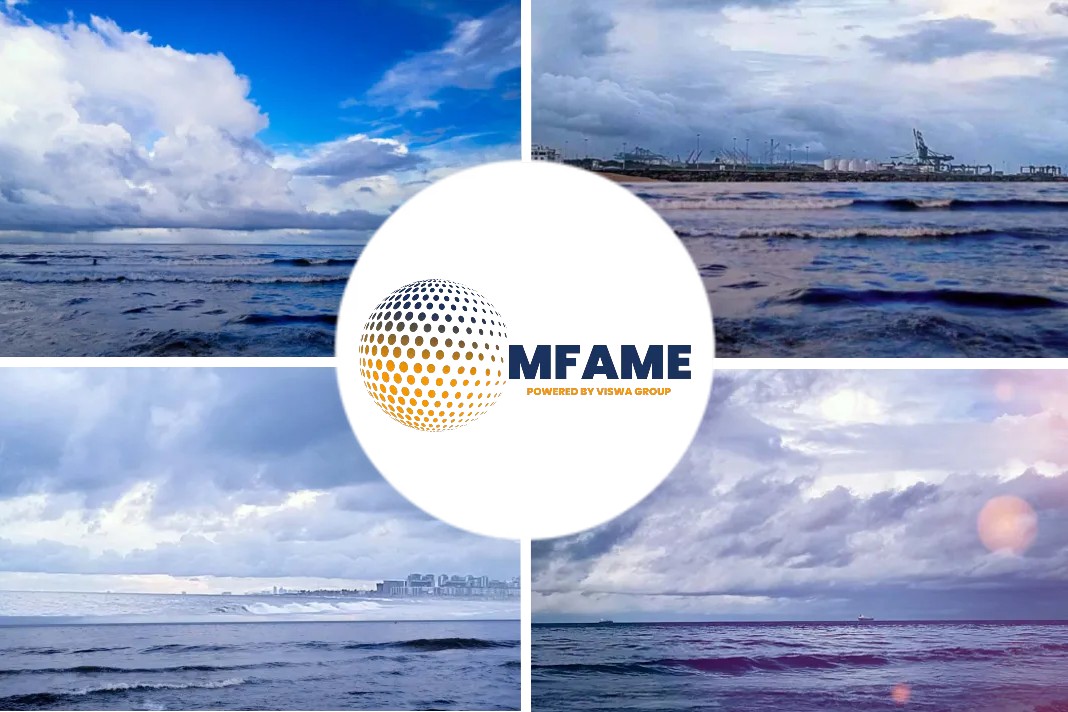According to a UN News report, the devastating oil spill off the east coast of Mauritius has highlighted the need for global adoption of international legislation that governs the seas and protects small island states and their vulnerable marine ecosystems against ship pollution, UN trade body UNCTAD has stated.
Need for universal participation

The grounding last month of the MV Wakashio in an environmentally sensitive and biodiverse area has endangered marine life, food security, and health in Mauritius, as well as its $1.6 billion tourism industry, already hard hit by the COVID-19 pandemic.
“There’s a need for universal participation in the existing international legal framework, where all nations are party to agreements, so when incidents like this occur, vulnerable countries are protected”, said Shamika N. Sirimanne, UNCTAD’s technology and logistics director.
Historic oil spill
UNCTAD said the spill is considered the worst in the history of Mauritius, an island nation in the Indian Ocean known for its spectacular beaches.
The MV Wakashio—a Japanese-owned bulk carrier flying under the Panamanian flag –was travelling from China to Brazil when it grounded on a coral reef on 25 July, close to a marine park and two internationally protected wetland sites. The cause is still unknown.
The ship was not carrying cargo and reportedly had an estimated 3,894 tons of fuel oil, 207 tons of diesel, and 90 tons of lubricant oil on board.
By 11 August, up to 2,000 tons of fuel had reportedly leaked from the ship, which split in two several days later. Most of the fuel onboard had been recovered by this time, according to the vessel’s owner.
‘An existential and developmental threat’
In an article published this week, UNCTAD outlined how the unfolding environmental crisis in Mauritius shows the importance of having an effective international legal regime for when such disasters occur.
This framework is especially critical for small island developing states (SIDS) which face “an existential and developmental threat” from oil spills in their waters.
UNCTAD is the UN agency that supports developing countries in gaining fair access to the globalized economy.
Like Mauritius, SIDS are often close to global shipping lanes. These nations also rely on the marine environment – and its biodiversity – for tourism, fishing and aquaculture.
Different ships, different legislation
Although several international conventions govern the seas and how they are used, some are not ratified by all countries while others have yet to enter into force.
Furthermore, different ships are subject to different international legal conventions, which UNCTAD said presents a challenge in the Mauritius case.
As the MV Wakashio spill falls under the International Convention on Civil Liability for Bunker Oil Pollution Damage, compensation for economic losses and environmental damage would be less than if the vessel had been an oil tanker.
While the Bunker Convention would provide for maximum compensation of around $65.17 million, the payout would be four times higher, or $286 million, under the applicable International Oil Pollution Compensation Funds regime.
Given the potentially high costs and wide-ranging environmental and economic implications of ship-source pollution incidents, UNCTAD again underlined the need for all countries to adopt the latest international legal instruments for the global good.
“Sustainable Development Goal 14 calls on us to protect life below water and this means minimizing pollution at every possible turn, including putting all necessary precautions in place to manage environmental disasters like oil spills when they do happen”, said Ms. Sirimanne.
Did you subscribe to our daily newsletter?
It’s Free! Click here to Subscribe!
Source: UN News





















